In today’s fast-paced, ever-changing world, education goes beyond math, science, and history. Academic knowledge is important, but it is no longer enough to prepare youngsters for life’s challenges. Modern education emphasizes life skills to help students handle personal, social, and professional challenges.
Life skills enable people to handle life’s problems. These skills are essential for emotional health, social engagement, and career success. In modern education, teaching these skills early on helps kids become capable and well-rounded.
Why Are Life Skills Important in Education?
Life skills are essential because they help children build a foundation for long-term success. Some of the most important reasons to focus on life skills in education include:
- Adaptability to Change: The world is changing rapidly, and children need to be flexible and adaptable to these changes. Life skills such as problem-solving, critical thinking, and decision-making equip children to handle new and unexpected situations with confidence.
- Emotional Resilience: Life is filled with ups and downs, and children need to learn how to manage their emotions effectively. Life skills such as empathy, self-awareness, and stress management help children deal with emotions, build resilience, and maintain emotional balance in challenging situations.
- Effective Communication: Strong communication skills are vital for success in any area of life. Teaching children how to communicate clearly, listen actively, and express their ideas helps them develop healthy relationships, both personally and professionally.
- Social Interaction and Teamwork: Life skills such as collaboration, empathy, and respect for others enable children to work effectively in teams and understand different perspectives. This is particularly important in today’s globalized world, where working with people from diverse backgrounds is becoming more common.
- Independence and Responsibility: Fostering life skills such as decision-making, time management, and personal responsibility encourages children to become self-reliant and capable individuals. Learning how to take responsibility for their actions and make informed choices helps them grow into responsible adults.
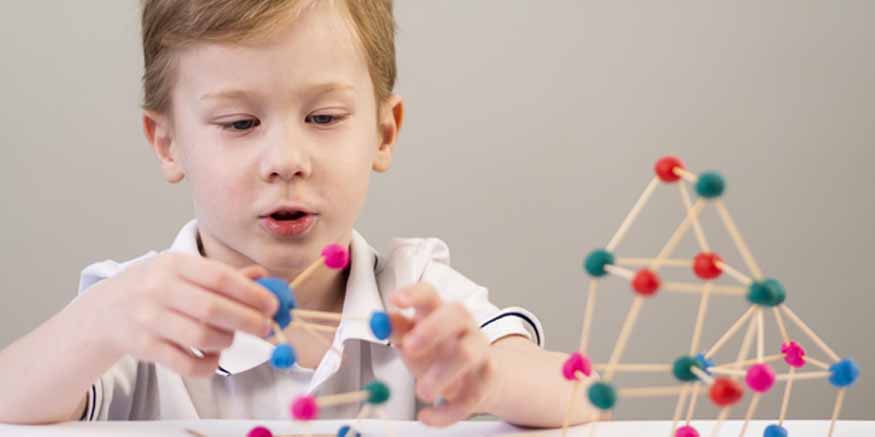
Essential Life Skills for Children
There are several core life skills that are particularly important for children to develop as part of their education. Let’s explore some of these skills and how they benefit children in their day-to-day lives.
- Problem-Solving
- Critical Thinking
- Effective Communication
- Time Management
- Decision-Making
- Stress Management
Problem-solving is one of the most valuable life skills. It teaches children how to approach challenges methodically and find effective solutions. This skill is essential not only in academics but also in real-life situations where children may face difficulties or complex situations.
Teaching problem-solving can be done through games, puzzles, and group activities that encourage children to think critically and come up with creative solutions. This practice helps them build confidence in their ability to handle problems on their own.
Critical thinking involves analyzing information, evaluating different points of view, and making informed decisions. This skill is crucial in today’s world, where children are exposed to vast amounts of information, especially through digital platforms.
By encouraging children to ask questions, analyze information, and think logically, educators help them develop the ability to make sound decisions and avoid misinformation. Critical thinking also allows children to approach problems with an open mind, exploring various solutions before making a decision.
Communication is the cornerstone of human interaction. Whether it’s expressing their thoughts, listening to others, or resolving conflicts, children need strong communication skills to thrive.
Teaching children how to communicate effectively involves helping them articulate their ideas clearly, listen actively to others, and understand non-verbal cues. By practicing these skills, children become better at building relationships, resolving disagreements, and expressing their needs in a respectful manner.
Learning how to manage time effectively is crucial for success in both school and life. Time management helps children prioritize tasks, meet deadlines, and balance their responsibilities efficiently.
Teaching time management can be done through activities that encourage children to plan their day, break tasks into smaller steps, and set realistic goals. This helps them build discipline, reduce procrastination, and manage stress.
Good decision-making is a life skill that allows children to evaluate options and make informed choices. From small everyday decisions to major life choices, children need to learn how to weigh the pros and cons, consider consequences, and take responsibility for their choices.
Educators can promote decision-making skills by allowing children to make choices in the classroom, whether it’s choosing a project topic or deciding how to approach a group activity. This encourages independence and helps children become more confident in their abilities.
Children are not immune to stress, and learning how to manage stress is vital for their overall well-being. Life can be overwhelming at times, whether it’s due to academic pressure, social situations, or personal challenges.
Teaching stress management techniques such as deep breathing, mindfulness, or taking breaks helps children handle stressful situations in a healthy way. These strategies equip them with tools to remain calm and composed, no matter what life throws their way.
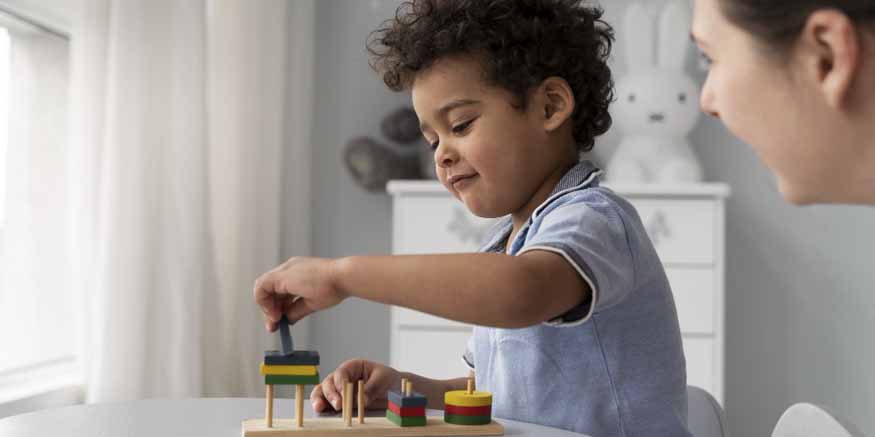
Integrating Life Skills into Education
To truly prepare children for the future, life skills should be integrated into the educational curriculum. Educators play a vital role in fostering these skills through both formal lessons and informal interactions.
- Interactive Learning: Life skills can be developed through group activities, role-playing, and problem-solving games. These activities not only make learning fun but also provide real-life scenarios for children to practice their skills.
- Emphasizing Emotional Intelligence: Emotional intelligence, which includes skills like empathy, self-awareness, and emotional regulation, should be a key focus in schools. Incorporating activities like reflective journaling or group discussions about emotions helps children understand and manage their feelings.
- Real-World Applications: Educators can connect academic lessons to real-world situations. For example, math lessons can include budgeting exercises, while history lessons can involve discussions about decision-making and leadership. This approach helps children see the relevance of life skills in everyday life.
- Parental Involvement: Parents play a crucial role in reinforcing life skills at home. Schools can involve parents in activities or workshops that highlight the importance of life skills, ensuring a consistent approach to skill-building both at school and home.
Conclusion
Life skills are not just an add-on to traditional education but an essential ingredient for shaping well-rounded, capable individuals. By honing these skills, children are better equipped to handle life’s challenges and succeed in all areas of their lives.
At Mother’s Pet Kindergarten (MPK), we believe that nurturing life skills from an early age is key to building a strong foundation for the future. Our programs focus on helping children develop the skills they need to thrive in a rapidly changing world, while also ensuring their academic growth. Through a balanced approach, we aim to raise confident, independent, and empathetic individuals ready to take on the challenges of tomorrow.




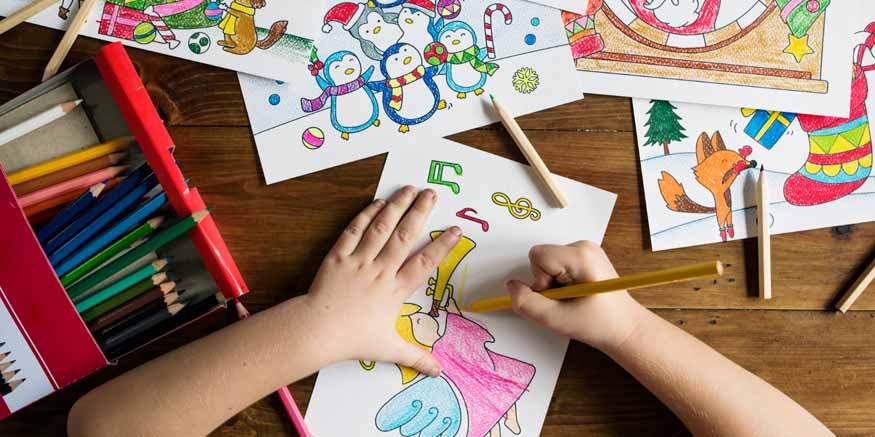
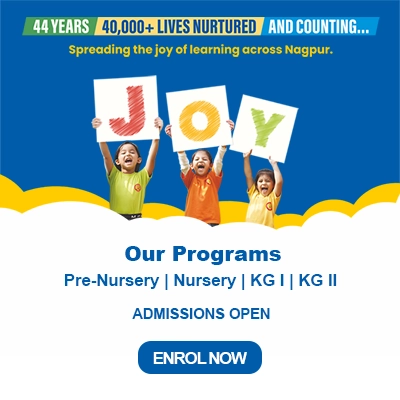

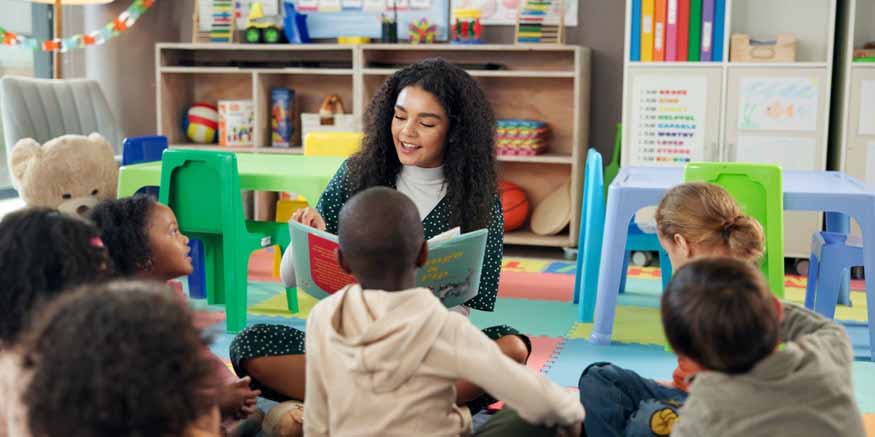
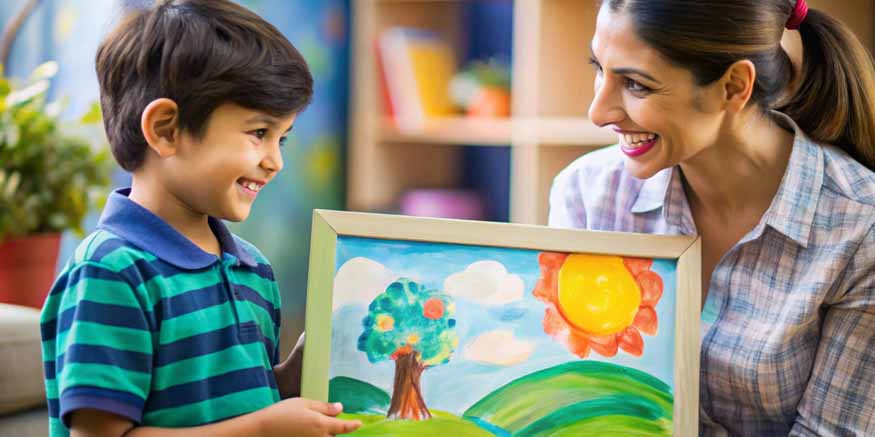
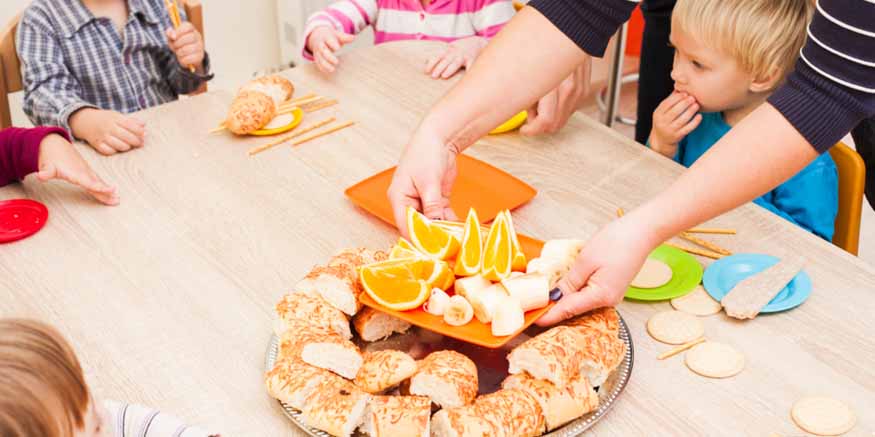

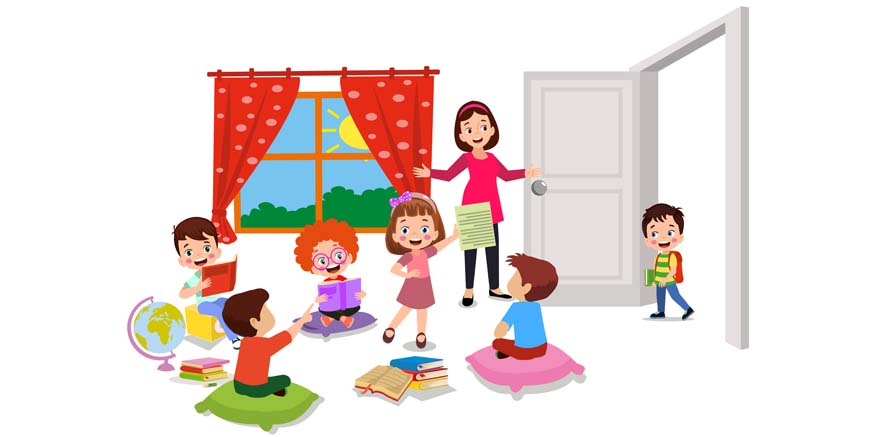

Recent Comments